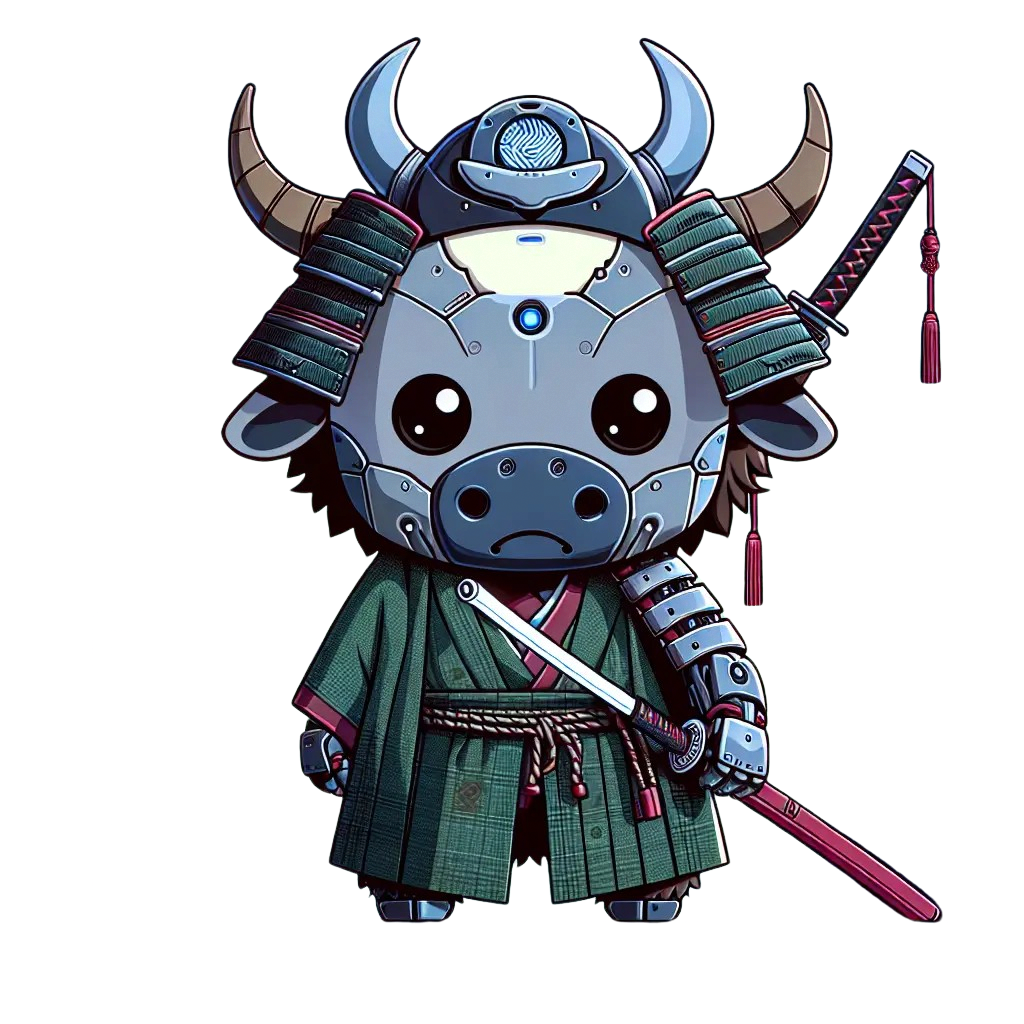deleted by creator
You and @radix@lemm.ee should fight
Chess, because there’s a horse :)
(/s; I’m sure they’re both fine, but I’ve never tried Go and don’t know how it works.)
But how does the horsey move?
It’s a secret!
Chess, because I’m biased and learned how to play that one first.
Go is probably better if you consider that chess has largely become a memorization game, while Go maintains a strong calculation focus even during the computer age.
chess has largely become a memorization game
Chess is like wrestling.
Someone that is very good is going to be very careful and expect their opponent to be laying a trap.
So a novice that does something “stupid” might actually pull off a quick win. But get absolutely demolished in a rematch.
If they know their opponent is a novice, they’ll do some boring memorization move and easily win.
Pretty sure that Magnus Carlson guy just invented a new opening, because he’s so much better he just fucked in beginnings for the novelty of it and found a new strategy.
Yeah I’m guilty of walking people into the Lasker trap when it comes up. Great time
And yeah Magnus is wild with his games. Computer chess just wants to shuffle the pieces until a winning end game appears in a similar way it feels like
This is more of a movie/TV trope (we all saw that episode of Smart Guy) than actually reflective of reality. Someone who is “very good” is going to exploit a novice’s lack of strategic play, not sit around and wait to lose. Otherwise they’re not very good.
I prefer Go because it has a nice typing system, has nice builtin tooling, and I’ve never heard of a language called Chess.
deleted by creator
Go, mainly because I like larger scale board games (19x19 size). Go feels like fighting a war (macro) with many battles (micro) whereas Chess is fighting a single deciding battle. I do still like Chess though. They are different games. A lot more people have played Chess so here’s my sales pitch for Go:
The rules of Go is very simple, more simple than Chess. You can learn everything you need to start playing in under 10 minutes. Yet at the same time it can be incredibly more complex. But even at high ranks it’s extremely basic at its heart. I have a greater appreciation for Go pro players because the skill ceiling is seemingly infinite (at least from my perspective).
Every game of 19x19 Go is virtually unique. The amount of possible (legal) games of Go is ~2.082×10^170 which is something like this number:
208 168 199 381 979 984 699 478 633 344 862 770 286 522 453 884 530 548 425 639 456 820 927 419 612 738 015 378 525 648 451 698 519 643 907 259 916 015 628 128 546 089 888 314 427 129 715 319 317 557 736 620 397 247 064 840 935
For context that’s an order of magnitude more than Eddington’s number, the estimated number of protons in the observable universe.
As for the game; You have these isolated battles across the board which at first don’t amount to much until these battles begin influencing and spilling over one another. It’s a constant fight for territory. Then at the end stage of the game, everything links up and ‘front-lines’ are formed into a big picture when the victorious emerges. My favourite game is the Lee Sedol ladder game: https://www.youtube.com/watch?v=t6QerXttau8
It’s also just a beautiful looking game. Combined with the way the stones can feel (such as slate and shell stones), with the “proper” way of placing stones and the sound of the stone hitting the wood. Playing Go with someone IRL is its own experience.
As for the requirement of memorization to be good at the game, it’s true that some amount of studying is involved with learning sequences (Joseki). But you need way more game experience for that to be useful as you also need to build an intuition for an understanding of patterns. It’s similar to Chess in this regard, but more.
As for counting the points to determine a winner, there’s an easy trick. For Chinese rules, rearrange the shapes into squares and swap an equal amount of white and black stones. For Japanese rules, it’s the same except you’re swapping equal amount of empty space (territory). You can then easily count by using multiplication on nicer square shapes. The amount of points for each side won’t be affected.
I prefer Chess, but they’re both fantastic. The last couple of years, it really feels like Chess has shot back into the mainstream - and it’s exciting!
I’m a teacher and I see so many kids play chess.com on their phones. It’s the only thing they do on their phones that I don’t hate.
That actually fills me with joy to read.
Queens Gambit on Netflix definitely helped, plus anarchy chess and all that stuff.
It certainly did. It certainly got me playing again!
Do as the little girl in the taco commercial once said: why not have both?
Alright, I’ll go against the grain and say that Go is the better game.
I’m not very good at Go, but I’ll always consider it the better game. It’s less about memorization and more about planning, adaptability, and intuition.
It has rules for handicap to allow inexperienced players to compete on a more even footing with experienced players.
The board can be scaled down for faster, more tactical experiences.
It has a 7.7 on boardgamegeek to chess’s 7.2.
Whichever one you like better
Of the two, probably Go because it’s easier to set up and modify. You can have Go games of several different sizes, and it can be drawn on paper if you need it to be. Though I also like the different variants of Chess that are not classic Chess. Not that it has never been hybridized; look up a game called Cho (have been asked to link in this manner, Google having more commonality I guess, questions didn’t seem welcome).
Chessbox is the best modification ever.
What’s Chessbox?
Oh. You said Chessbox and I thought it was in the sense of boxes or something.
It’s going to be impossible to define “better” here because that’s a subjective opinion. But I will make a couple statements.
In most of the world, Chess is much more popular. However in China, Go is much more popular. In 1997 an AI manages to beat the Chess world champion for the first time. It wasn’t until 2016 that AI managed to beat the Go champion.
That implies that Go has more permutations and is a more “complex” type of game that is harder for computers to brute force. Does that make it better? Up to you.
I prefer Chess but likely just because I grew up playing it. If I were Chinese I would likely prefer Go. I’ve tried playing Go before but couldn’t get into it because I didn’t understand it fully.
Define “better”.
As the man who’s opinion is the standard reference guide, it’s whatever I specifically like better.
Personally, I prefer Chess, but it’s for stupid reasons.
I like that there’s a variety of pieces, it’s easier to determine the winner, and it requires less fiddling around to play out a capturing move.
Chess. Fight me.
Go! Easier to learn, cheaper to play, and way more strategic.











